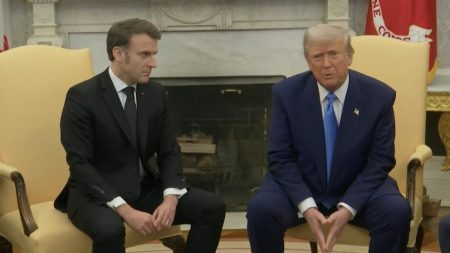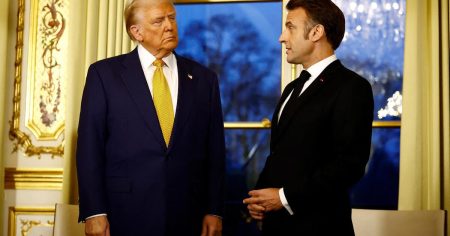The recent United Nations General Assembly votes on the Ukraine-Russia conflict reflect shifting international dynamics and strategies. Here’s a summary of the key points:
-
UN Resolutions and Votes: The US proposed a resolution calling for an end to the war without mentioning Russia’s aggression, which was amended to acknowledge Russia’s violation of the UN Charter. Ukraine and European countries backed a resolution explicitly demanding Russia’s withdrawal. Both resolutions passed, but with reduced support compared to previous votes, indicating waning global solidarity for Ukraine.
-
US Policy Shift: The Trump administration’s new approach involves negotiating with Russia without including European allies, causing tension. President Trump’s criticism of Ukraine’s leader, Volodymyr Zelenskyy, and false accusations against Ukraine were met with strong rebuttals, highlighting a divergence in US-Ukraine relations.
-
UN Dynamics: The Security Council’s ineffectiveness due to Russia’s veto power shifts focus to the General Assembly, where resolutions, though non-binding, gauge global opinion. The decrease in support indicates fading international consensus on the conflict.
-
North Korean Involvement: The Ukrainian resolution noted North Korea’s involvement alongside Russia, complicating the conflict and raising concerns about broader implications.
- Implications for the Future: The US’s shift may weaken international unity against Russia, potentially affecting future negotiations and pressure strategies. Strained relations with European allies could further fragment the Western response.
In conclusion, the UN votes illustrate a complex geopolitical landscape where changing strategies and waning support may impact the effectiveness of international efforts to resolve the Ukraine-Russia conflict.















